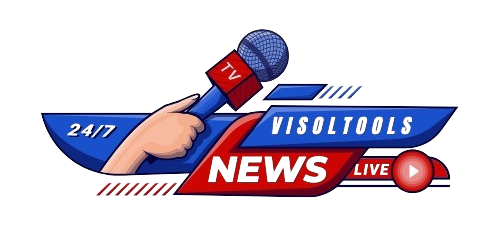Exploring the Impact of Media Ownership from Past to Present
Throughout history, influential figures have leveraged media outlets to broadcast their views, impacting public opinion and often shaping political landscapes. This phenomenon is evident from the days of Henry Ford to the digital era of Elon Musk.
The Historical Influence of Media on Society
In the 1920s, Henry Ford, the automotive pioneer known for the Model T, acquired a local newspaper, turning it into a platform for promoting controversial ideologies. His purchase of The Dearborn Independent allowed him to disseminate antisemitic content widely, including the notorious series ‘The International Jew’ and the fraudulent ‘Protocols of the Elders of Zion.’ The publication’s reach was unprecedented, facilitated by Ford’s network of car dealerships, positioning the newspaper as one of the most circulated in the nation.
Such acts by Ford exemplify how media was historically used to propagate personal beliefs, influencing public opinion on a large scale.
Modern Media Moguls and Digital Platforms
In a similar vein, today’s technology moguls exert significant influence over public discourse. Elon Musk’s acquisition of the social media platform X in 2025 demonstrates a contemporary parallel to Ford’s media manipulation. Like Ford, Musk uses X as a powerful tool to amplify personal ideologies, impacting both public opinion and political discussions globally.
The sophistication of today’s technology enables a rapid spread of information, making the responsibility of media ownership ever more significant. The ability to reach millions at the click of a button highlights the ongoing importance of ethical media practices.
Comparative Analysis of Historical and Contemporary Media Influence
Examining the practices of both Ford and Musk reveals a recurring theme: the use of media power to influence. Whether through print media in the early 20th century or digital platforms today, the methods may have changed but the implications remain profound:
- **Media as a tool for personal belief**: Both Ford and Musk transformed their media properties to reflect personal ideologies, impacting large audiences.
- **Technological advancements in media**: From high-speed presses to digital platforms, technology has consistently played a crucial role in the spread of information.
- **Ethical considerations in media ownership**: The vast reach of modern media platforms brings with it a responsibility to foster informed and respectful public discourse.
As we continue to navigate the complexities of media influence, the lessons from past media moguls like Ford can guide current and future media owners towards more responsible use of their powerful platforms.





